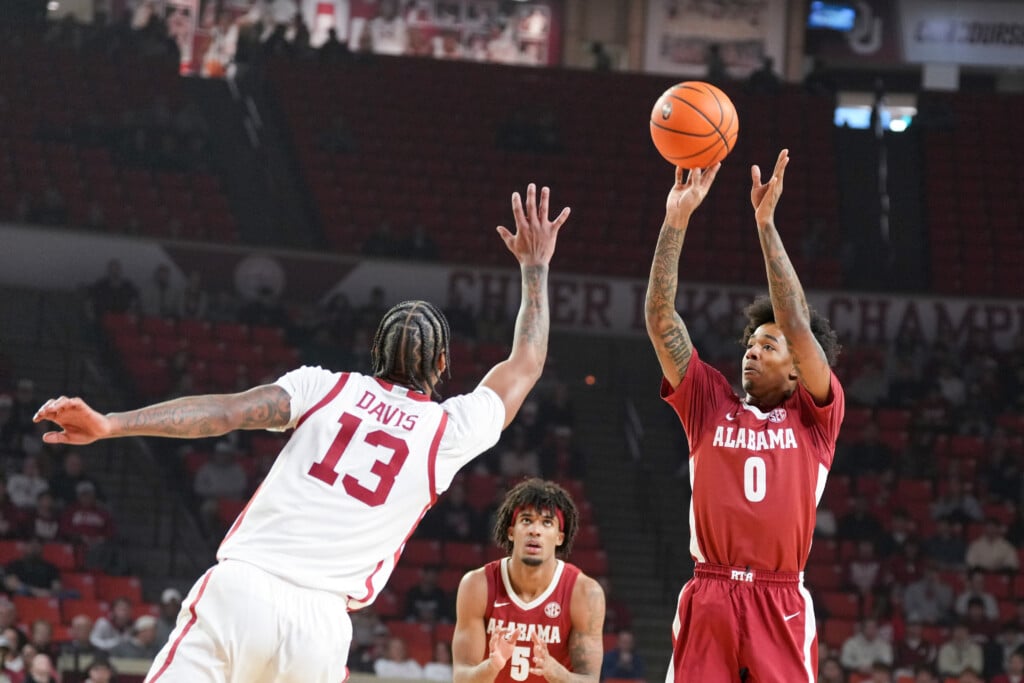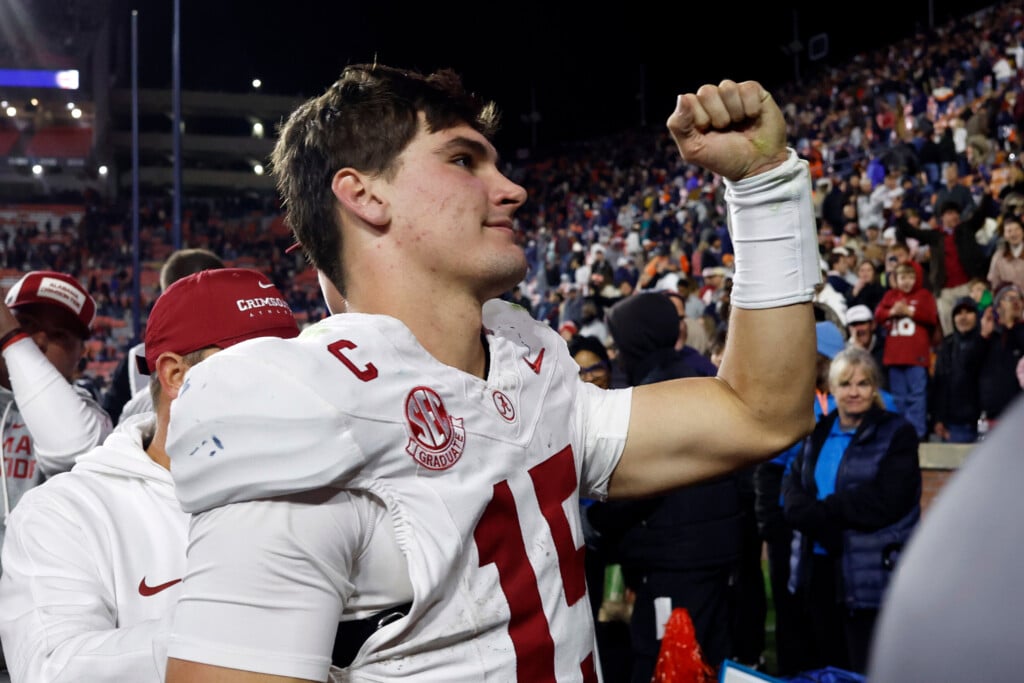Alabama wheelchair basketball seeks fifth straight national title
While Alabama has been gaining recognition as a basketball powerhouse, one of the state’s most dominant teams is often overlooked. The Alabama women’s wheelchair basketball team is competing for its fifth consecutive national title.
These athletes have come to wheelchair basketball in different ways, but their passion for the game is undeniable.
A Second Chance at Competition
For Moira Paulus, a graduate student on the team, wheelchair basketball gave her a way to reclaim her love for sports.
“Before my paralysis, I played soccer, basketball, and Irish dance, so I was playing sports all the time,” Paulus said. “When I got paralyzed, I lost all those sports because they were stand-up, and I couldn’t run… It was very hard to go without athletics, but I finally got that second chance. At first, I was shy, but within a couple of practices, I was fully in love with the sport.”
Alabama head coach Ryan Hynes, who played wheelchair basketball for the University of Alabama as well, understands that journey firsthand.
“That was my first thought after my injury: ‘Oh, shoot. What am I going to do? I don’t have sports anymore,’” Hynes said. “Finding wheelchair basketball was huge in my rehab process, and realizing I had the opportunity to play in college was massive for me.”
For Bailey Moody, another graduate student on the team, the sport has opened doors she never imagined.
“I found wheelchair basketball in seventh grade, jumped in a chair, and just fell in love with it,” Moody said. “There are so many opportunities to play in college and at the international level that I probably wouldn’t have had if I were trying to play stand-up.”
Moody plays for the United States national team. She represented America at the Paralympics in Tokyo and Paris.
The Physicality of the Game
Despite common misconceptions, wheelchair basketball is just as intense—if not more physical—than the stand-up version.
“It’s way more physical than people realize,” graduate student Abby Bauleke said. “People are flipping in and out of their chairs and getting right back up. It’s so intense. It’s a beautiful sport.”
Moody echoed that sentiment, explaining that referees let more contact go in wheelchair basketball than in traditional basketball.
“They call fouls less,” Moody said. “They don’t stop the play to get you back up, so as long as you’re not in the middle of the play where you’re in danger of getting hurt, you have to get back into it. People are all over the floor, diving, and there’s a lot of chair contact. It’s fast, and it’s a fun game to watch.”
A State-of-the-Art Facility for Alabama Wheelchair Basketball
The Alabama women’s wheelchair basketball team trains at Stran-Hardin Arena, a facility entirely dedicated to adapted athletes. It is the only college facility of its kind in the nation.
“A lot of other universities practice in their rec centers,” Moody said. “That alone gives us a bit of a leg up because we’re being treated the most like college athletes on our campus.”
With practices, workouts, and film sessions, Alabama’s wheelchair basketball athletes dedicate up to 20 hours a week to their sport—on par with NCAA teams.
Shifting the Narrative
While wheelchair athletes are often called “inspirational,” Moody wants to be recognized for her work ethic rather than her circumstances.
“People tell other athletes they’re inspiring all the time, but is it for the same reasons?” Moody said. “I don’t always love to hear that I’m inspiring. I’d rather people tell me they see me working hard, like my attitude, and appreciate my character traits—things I actually have control over.”
Hynes hopes that people see them simply as athletes.
“I just want us to be viewed as college athletes,” Hynes said. “If you come and watch us, you’ll realize that we work really hard and put a great product on the court.”
For Moody, wheelchair basketball has not only provided a competitive outlet but also a supportive community.
“For anybody with a new disability who’s trying to get into adaptive sports, it’s a hard step to take because you’re grieving the loss of your previous life,” she said. “But it’s such a great community, and it’s an awesome way to continue to compete and train at a really high level.”
Right now, the Crimson Tide is in Champaign, Illinois, competing for their fifth straight national title— which would be the fifth for Moody, Bauleke and Paulus.
The championship game will tip off on Saturday.






